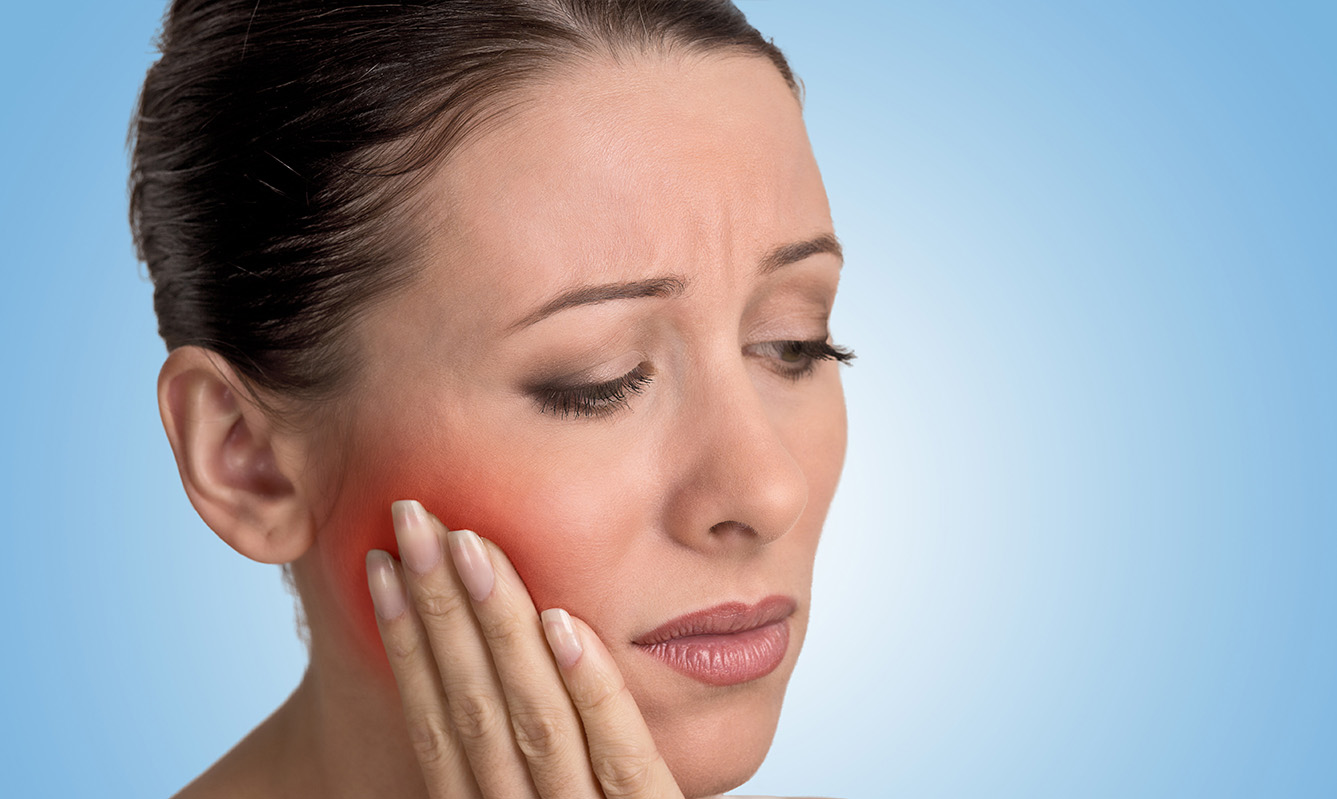There are few people who haven’t had mysterious tooth pain at one point or another. Tooth pain, like any pain, usually indicates a problem. Your teeth shouldn’t hurt for no reason and figuring out why your teeth hurt is the first step in addressing the problem. If the pain gets worse, it’s time to think about seeing a dentist.
There are several reasons for mouth pain, some more serious than others. Whether your pain is caused by a problem with your teeth or a routine dental procedure, no one should have to live in perpetual discomfort. If you find yourself asking, “why do my teeth hurt?”, keep reading to learn more about common causes of tooth pain.
Common Causes for Mouth Pain
One of the first causes of tooth pain that comes to mind for many people is a cavity, or tooth decay caused by bacteria. Cavities are manageable if they are identified quickly before the decay spreads. However, if left untreated a cavity can develop into an abscess. An abscessed tooth is another common cause of tooth pain that forms when a tooth’s roots become infected. Abscesses can be extremely painful and may require antibiotics or even a root canal. A damaged or lost filling can also lead to pain and issues with your bite.
Fortunately, not every toothache is indicative of a serious dental problem. If you’re wondering why your teeth hurt, the answer may be simpler than you think. Many orthodontics procedures can cause pain, which can easily be treated with over the counter painkillers. Likewise, professional teeth whitening treatments may also leave you with short term discomfort. If your wisdom teeth have begun to erupt, it is likely you will experience some pain. Weakened enamel may also result in some pain, including temperature sensitivity. TMJ and tooth grinding can produce toothaches as well as jaw pain and headaches.
The Fast Fix for Pain Relief
If you are living with persistent tooth pain that has you constantly ask, “why do my teeth hurt?”, it’s time for a dental visit. Tooth problems are generally more manageable if they are identified and treated quickly, so it’s crucial to set up an appointment with your dental care professional. If you don’t have a current dentist, you will have to seek out a new one. Finding a new dentist can be a tricky process, and for many young adults it may be their first time going through that process.
Wondering what to expect from your first visit to a new dentist? While your dentist may not be able to solve the problem on your first visit, they will most likely administer an exam, a cleaning, and an x-ray if necessary. By the end of your visit, you will be even closer to understanding the source of your tooth pain.
